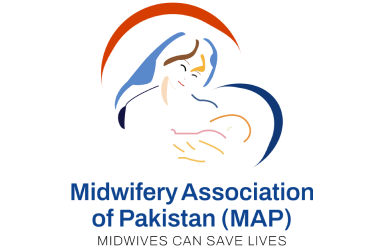In an ongoing commitment to improve maternal health services, the Aga Khan Health Service, Pakistan recently conducted an intensive training session on the PPH (Postpartum Hemorrhage) Emergency Management Bundle Approach at Aga Khan Hospital in Gilgit. This initiative, led by Nawroz Bibi, Manager of Nursing and Midwifery and Board Member of Midwifery Association of Pakistan (MAP), aimed to equip nurses and midwives with advanced skills and knowledge essential for effective PPH management.
Supported by the WHO and MAP, the training encompassed comprehensive clinical techniques including active management of the third stage of labor, uterine massage, aortic compression, and the use of uterotonic agents like Tranexamic Acid. Non-clinical skills such as team-based approaches, facility readiness, and leadership were also emphasized.
Throughout the training, participants engaged in role plays, simulation exercises, and practical demonstrations to reinforce their learning. A mock audit of actual PPH cases using medical records provided invaluable insights and practical application of learned skills.
The session culminated in the development of a detailed action plan aimed at enhancing PPH management at the unit level. Key initiatives included establishing an Obstetric Rapid Response Team by June 2024, installing emergency alarms and conducting regular drills by June 30, 2024, and conducting facility readiness assessments by July 20, 2024. Regular audits of equipment and supplies by June 30, 2024, and updating the PPH management protocol and policy by July 30, 2024, were also prioritized.
The initiative garnered enthusiastic support from healthcare leaders including Mr. Sajid Hussain, Head of Clinical Units, and Dr. Sher Hafiz, Head of the Facility, who commended the efforts to enhance frontline midwifery capabilities. Dr. Neelum Jahan, a senior consultant in Obstetrics and Gynecology, also lauded the training for its potential to improve maternal and newborn outcomes in the region.
The impact of the training was evident in the significant improvement of participants’ knowledge and skills, as demonstrated by the pre- and post-test results. For example, participants like Saima, a Senior Registered Nurse, saw an increase from 13 to 22 in their assessment scores, highlighting the effectiveness of the training program.

